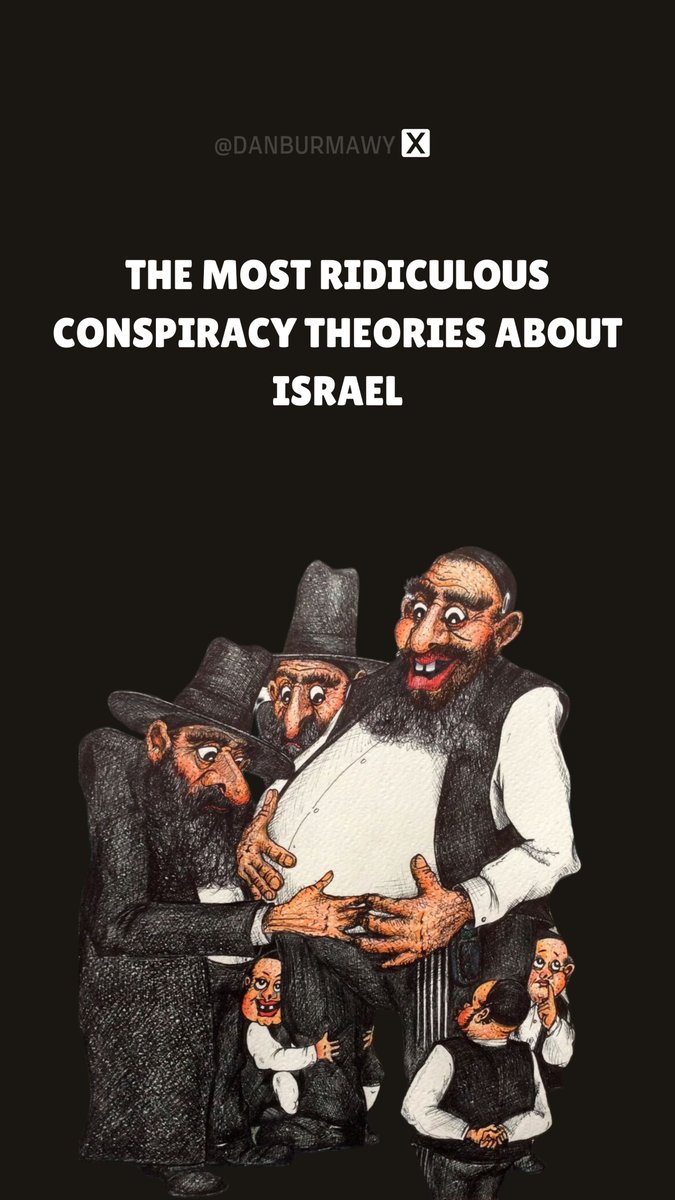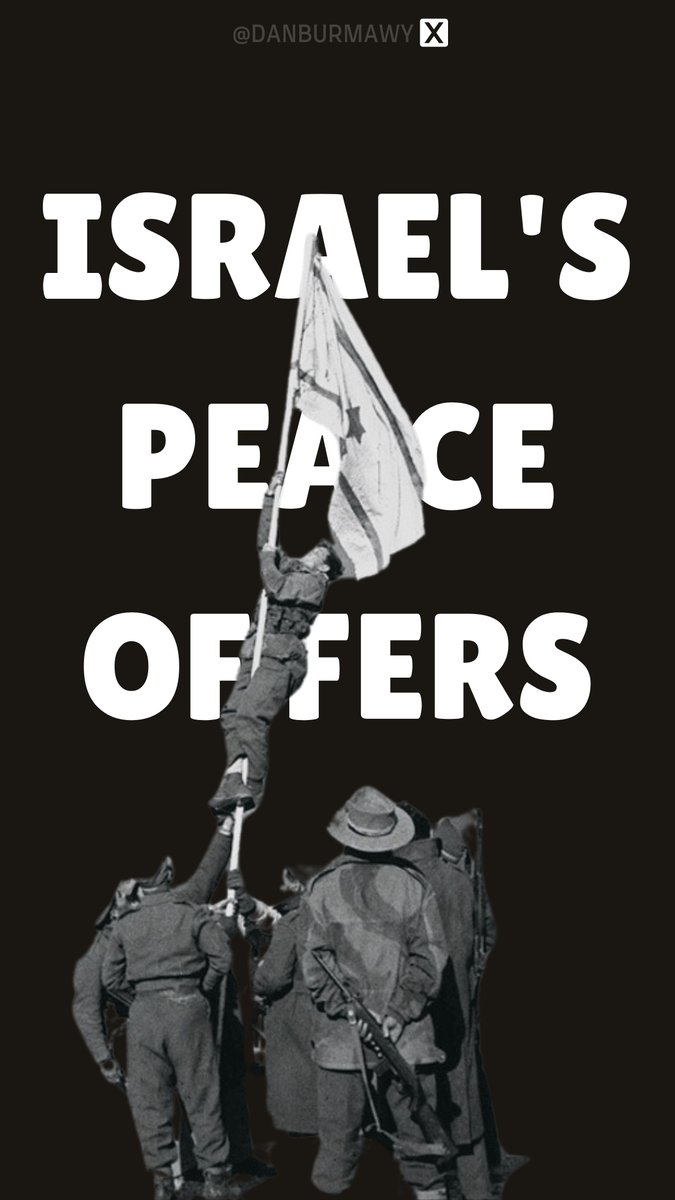
CEO @IDICenter | #1 Bestselling Author 'Islam, Israel and the West' | Middle East Affairs | Political Theology | Judeo-Christian Values | Views Are My Own |🇺🇸
10 subscribers
How to get URL link on X (Twitter) App


 Sources:
Sources:
 1. Magnet in Belts
1. Magnet in Belts

 1947 UN Partition Plan:
1947 UN Partition Plan: